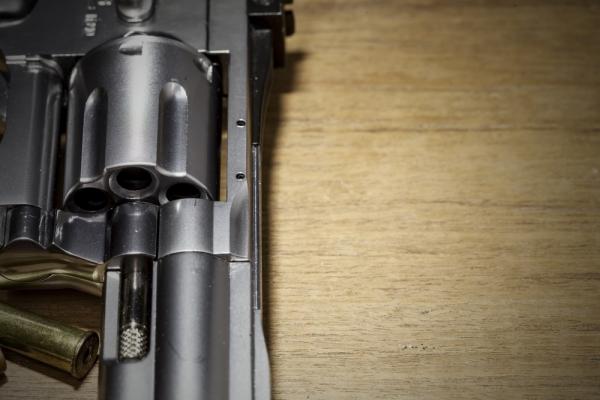I filled my foam plate with fruit, yogurt, and a bagel from the hotel’s complimentary breakfast, and then found an open table in the corner. I wanted to be far away from the big screen television on the wall that was tuned to an annoying cable news station.
I was getting ready for another day at the Little League World Series in Williamsport, Pa. Several families with Little Leaguers were staying at the hotel. This was the morning that a television reporter and videographer were shot in Virginia, so that was the big story on the TV.
Another shooting. Really? I tried to tune it out mentally while I spread cream cheese on my bagel with the flimsy plastic knife.
Instead, five boys got my attention.
They sat at the next table. They’d finished their breakfast and were acting their age – around 12 years old. Laughing, teasing, playing with their plastic forks and spoons.
When the cable news station went back to the shooting and said there was video, the boys looked up and got quiet. (The station didn’t show the actual shooting, thank God.) Their playfulness was replaced with silence. They looked appalled. Or scared.
“That’s crazy!” one of them said.
They watched until the station switched to a commercial. Then they switched back to being playful 12-year-olds, quickly moving beyond the moment.
Just like us adults, no?
How many times have we heard news of a shooting somewhere — a school, a theater, a workplace, a military base, a church — and felt shock and disbelief? We feel bad, say a prayer, and move on. I remember seeing the video of the shooting at the church in Charleston for the first time when I got home from work on June 17. I couldn’t sleep that night. I wondered how this could keep happening.
So when the latest shots were fired in Virginia, I was numb. If it’s going to just keep happening — new day, new place, new victims — then why even pay attention? Why become emotionally invested again?
I was tired of my heart hurting. Like those 12-year-old boys, I had to turn away. I’d lost my outrage that these massacres happen again and again, and we fail to do anything to prevent the next one.
And that’s when I realized I’d become part of the problem.
Instead of turning away, I needed to be like the boy who saw with eyes fully open and said: “This is crazy!” And then to say that this has to change. I have to do something about this craziness. Why don’t we do something?
It’s daunting, I know. Our society is so saturated with violence, from our entertainment to our news. Weapons are seen as solutions. Even churches give away guns to lure new congregants — certainly more attractive than reading passages about loving our enemies and turning the other cheek.
Our outrage has been co-opted, too. We’ll adamantly defend someone who thinks their rights are being compromised because they have to bake a wedding cake or issue a marriage license. But when a twisted individual with unfettered access to guns takes away all of someone’s rights with one pull of the trigger, we’re not concerned. Really, how crazy is that?
Until we say it out loud, we’re part of the problem. You and me.
There was a time when drunk driving was an accepted part of our culture. Comedians joked about tipsy drivers. People insisted that they had a right to drink and a right to drive and everyone else should just leave them alone. But a courageous group of mothers who’d lost their children decided it was crazy that thousands were being killed by drunk drivers each year. They met a lot of resistance, but they wouldn’t relent. They insisted that we as a society needed to change our attitudes and our culture and our laws.
And we have. Many people are alive today — perhaps you and me and those five 12-year-old boys at the hotel — because a drunk driving accident was prevented. Because we finally did something.
Change begins when we say: “It’s crazy how we’re treating each other. And I must do something about it in my own way.”
Passionate people make a difference. Indifferent people perpetuate the status quo and enable it to continue. Nothing changes until we do.
This one’s on you and me.
Got something to say about what you're reading? We value your feedback!

